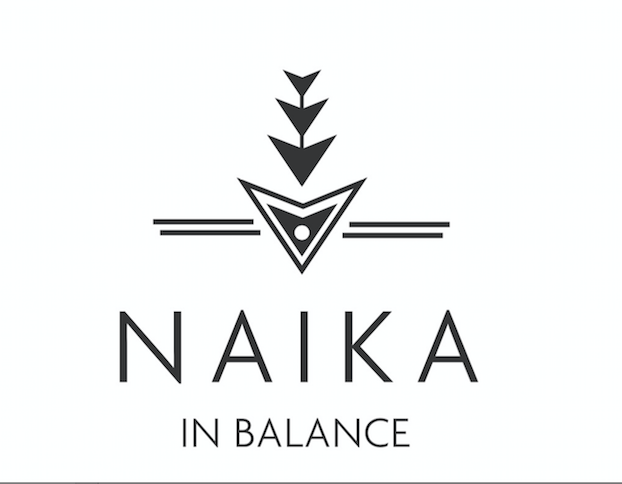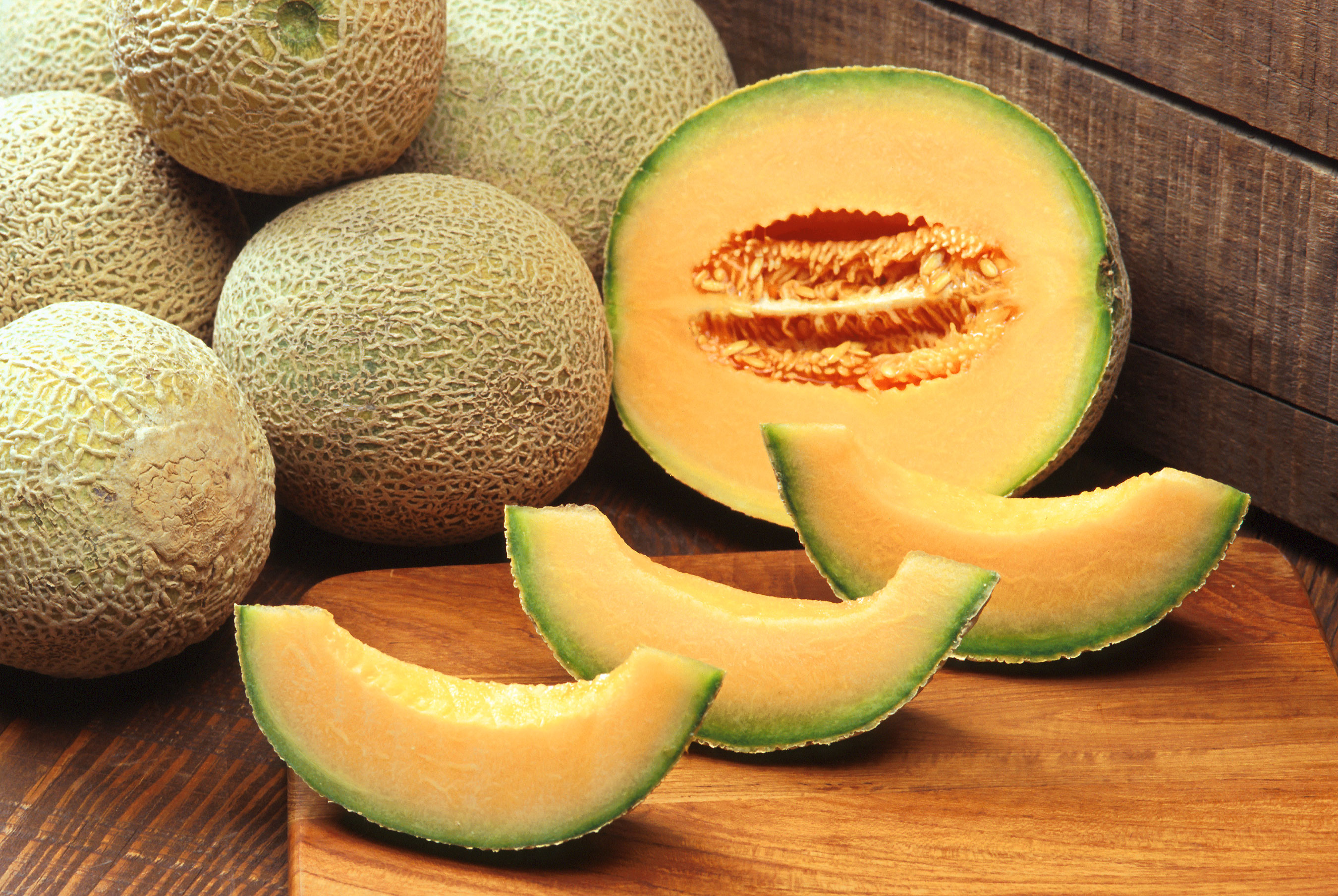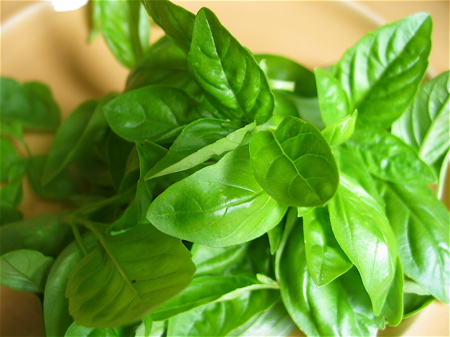Catnip is most commonly consumed as a tea, made from crushing the leaves, to treat colds and the flu, to calm colic in babies, to eliminate gas and upset stomach, to stop convulsions and most importantly, to "cleanse the blood". Haitians believe that giving babies catnip tea can remove the impurities from their blood.
Constituents:- nepetalactone (mild haluciinagen)
- acetic acid
- citronella
Some benefits and uses:
- natural sedative, antiseptic, antispasmodic
- cures indigestion and nausea
- natural astringent
- reduces fever
- natural insect repellant
- can treat insomnia, anxiety, and nervousness
In health,
Dr. Naika
The "Haitian Treasures" series was created by Dr. Naika in 2012. This series explores the magnificent benefits and uses of Haiti's natural resources, which Dr. Naika calls "Haitian Treasures". In this series, Dr. Naika explores the tie between Haiti's natural resources and natural, traditional, and holistic healing.
This blog post was originally posted on Dr. Naika's lifestyle blog, Naika in Balance. Dr. Naika's work is copyrighted. Please do not copy or repost Dr. Naika's work without citing her content as the original source.






















